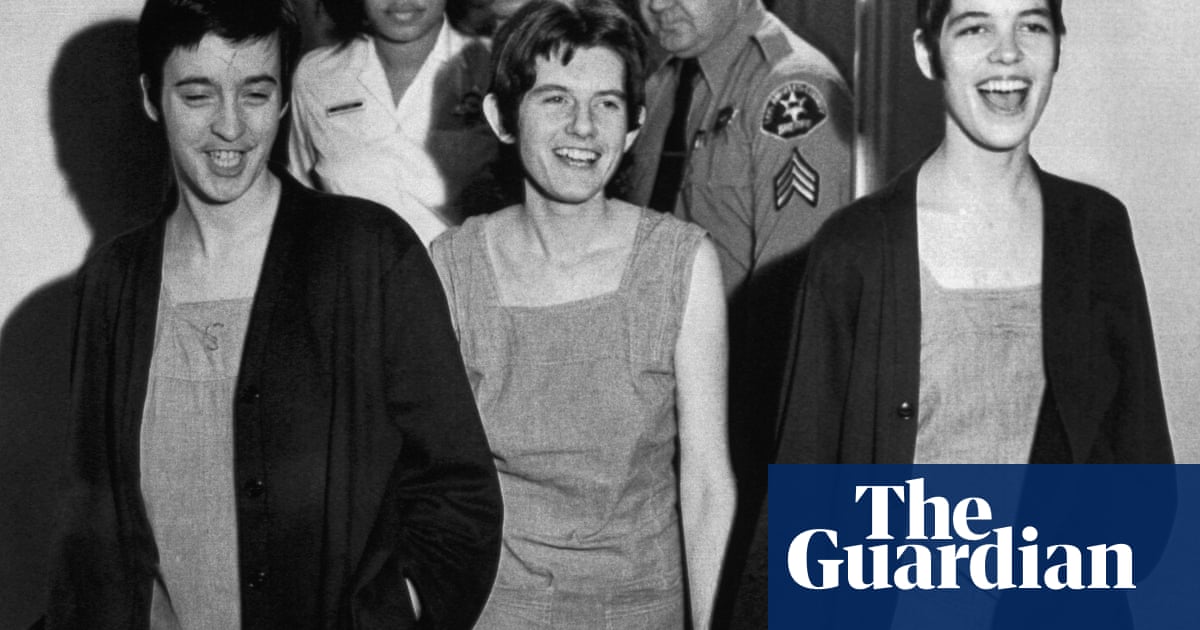A California prisons panel has recommended that Patricia Krenwinkel, serving a life sentence for her role in the 1969 Los Angeles killing spree by followers of cult leaderCharles Manson, be released on parole.
The state Board of Parole Hearings found that Krenwinkel, 77 – the longest-serving female inmate inCaliforniaprisons – posed little risk of reoffending based on her age and a spotless behaviour record while incarcerated, according to the CBS News affiliate in San Diego, KFMP-TV.
The state Department of Corrections and Rehabilitation confirmed the finding of parole suitability, which came on Krenwinkel’s 16th parole hearing, but gave no further details.
The decision on Friday amounts to a proposal subject to review by the full state Board of Parole Hearings and the California governor for up to 150 days before it can become final.
Even if the full board affirms the finding of parole suitability, the governor, Gavin Newsom, could reject it or send it back for further review.
A May 2022 parole board panelrecommendation to free Krenwinkelwas reversed by Newsom in August of that year.
Krenwinkel, incarcerated at the California Institution for Women, appeared with her lawyer during Friday’s four-hour hearing but did not address the commissioners, KFMP reported. Several victims’ family members spoke in opposition to her release.
Krenwinkel was convicted on seven counts of first-degree murder in 1971 for participating in a bloody two-night rampage whose victims included actor Sharon Tate, the 26-year-old wife of film-makerRoman Polanski.
Tate, then eight months pregnant, was killed with four friends, among them coffee heiress Abigail Folger and hairstylist Jay Sebring, at the rented hillside house the actor and Polanski shared in the Benedict Canyon area of Los Angeles. Polanski was in Europe at the time.
The following night grocery owner Leno LaBianca and his wife, Rosemary, were stabbed to death in their home, where the words “Death to Pigs” and “Healter Skelter” – a misspelled reference to the Beatles song Helter Skelter – were found scrawled in the victims’ blood at the crime scene.
Manson did not personally kill any of the seven victims but was found guilty of ordering their murders as part of a delusional plot to ignite a race war.
He, Krenwinkel and other members of his so-called “family” of hippies, runaways and misfits – including Leslie Van Houten, Susan Atkins and “Tex” Watson – were originally sentenced to death. Their sentences were commuted to life in prison after the California supreme court abolished capital punishment in the state in 1972.
Mansondied in prison in 2017aged 83.
Van Houten was released from prison on parole in 2023after spending 53 years behind bars. Newsom had rejected her parole recommendation but was overruled by a California appeals court.
The governor could have petitioned the state supreme court to review the case but opted not to, deciding that further efforts to keep Van Houten locked up were unlikely to succeed.
